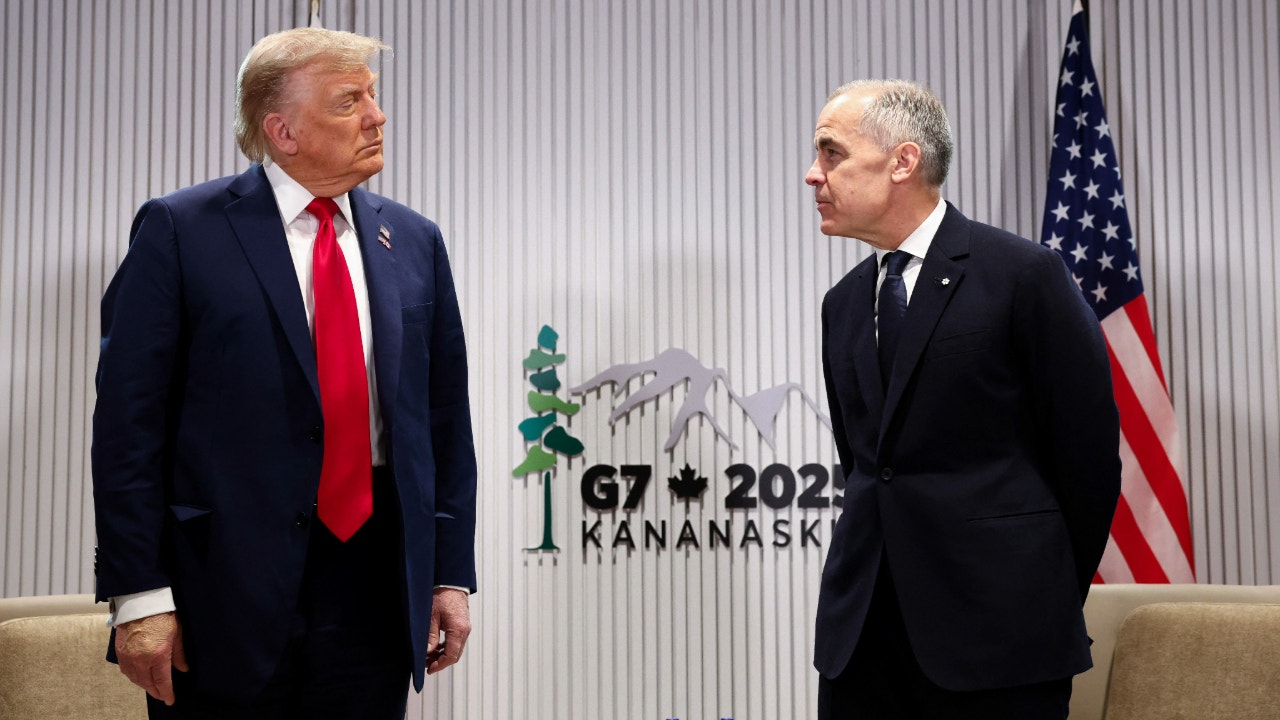Trade Turbulence: U.S. Terminates Discussions with Canada
In an unexpected move, President Donald Trump announced the termination of all trade discussions with Canada, citing the country’s digital services tax on American tech companies as the primary catalyst. This decision has sent ripples through financial markets and raised questions about the future of U.S.-Canada trade relations.
The Trigger: Canada’s Digital Services Tax
In June 2024, Canada implemented a digital services tax that requires large businesses to pay a 3% tax on revenue generated from online interactions with Canadian users. The legislation specifically targets online marketplace services, advertising, social media, and certain sales of user data. Trump characterized this tax as an egregious affront, paralleling it with similar measures by the European Union, which is currently under negotiation with the U.S.
Trump’s terse announcement on Truth Social stated, “They are obviously copying the European Union… Based on this egregious Tax, we are hereby terminating ALL discussions on Trade with Canada, effective immediately.” This harsh rhetoric underscores the ongoing tensions between the two nations, emphasizing how a domestic tax policy can pivotally alter international relations.
Immediate Market Responses
Following Trump’s announcement, the markets reacted promptly. The U.S. dollar appreciated by 0.7% against the Canadian dollar, indicating a shift in investor sentiment. Meanwhile, the S&P 500 index, which had reached an all-time high earlier in the day, softened its gains. It started the afternoon up by 0.59% but by the end of trading, that had dwindled to approximately 0.21%. This fluctuation highlights the immediate influence of political decisions on market confidence and investment strategies.
Tariffs and Economic Retaliation
In his post, Trump suggested that the U.S. administration would communicate within the next week the tariff rates Canada would incur to conduct business with the U.S. He painted a picture of Canada as “a very difficult Country to TRADE with,” referencing previously high tariffs on American dairy products—up to 400%. Such claims signal a broader and more complex trade relationship fraught with grievances on both sides.
The U.S. has already levied tariffs on various Canadian goods following his return to office, prompting retaliatory measures from Canada. The ongoing tit-for-tat over tariffs complicates the path forward for any future negotiations.
Future Negotiations and International Dynamics
The U.S. and Canada had been operating under the U.S.-Mexico-Canada Agreement (USMCA) since its implementation, but tensions have recently overshadowed this framework. A previous deadline set by Trump and Canadian Prime Minister Mark Carney for concluding a new trade agreement was July 21, 2025. With the abrupt halt to discussions, the feasibility of reaching a mutually beneficial agreement appears increasingly uncertain.
The essence of U.S.-Canada trade encompasses a significant volume of bilateral exchanges; the U.S. is Canada’s largest trading partner, while Canada ranks as the top importer of U.S. exports. The stakes are high, and the consequences of prolonged trade disturbances could impact various sectors, from agriculture to technology.
The Bigger Picture
As the U.S. administration escalates its focus on regulating international digital commerce, the implications for multinational companies and small businesses alike cannot be overstated. The trade dynamics with Canada may serve as a precursor to wider alterations in U.S. trade policy, particularly regarding digital taxation and international standards.
Moreover, ongoing global discussions about trade agreements reveal a web of interconnected interests. The actions taken by the Trump administration may reverberate beyond North America, affecting U.S. relations with other key trading partners.
A Complicated Landscape Ahead
Canada’s digital services tax, political rhetoric, market reactions, and ongoing tariff complications collectively illustrate a complicated and evolving landscape for U.S.-Canada trade relations. As both countries navigate these challenging waters, stakeholders on all sides will be closely monitoring developments, eager for signs of resolution or further discord. The unfolding narrative promises to keep trade and economic policy at the forefront of political and economic discussions moving forward.


